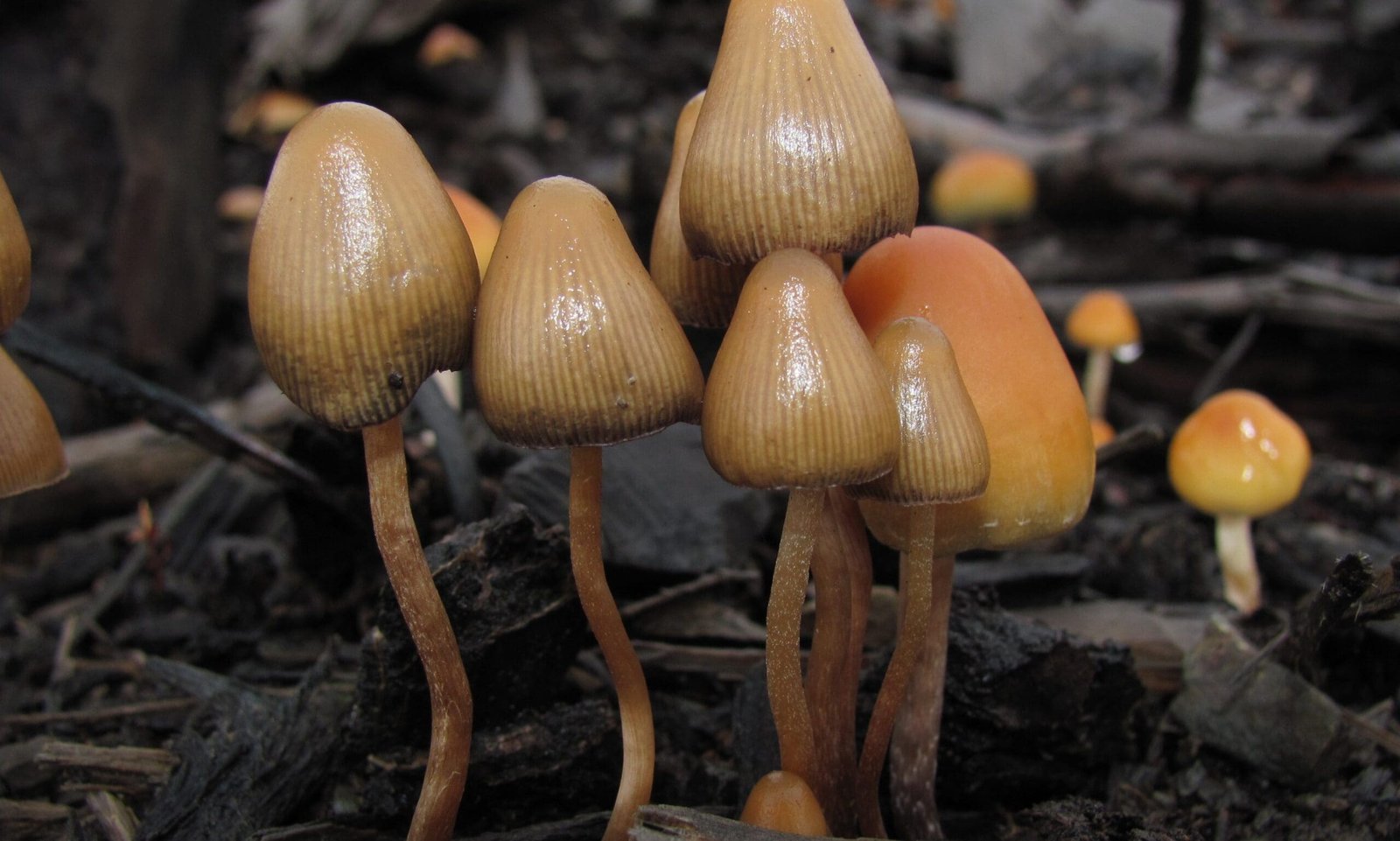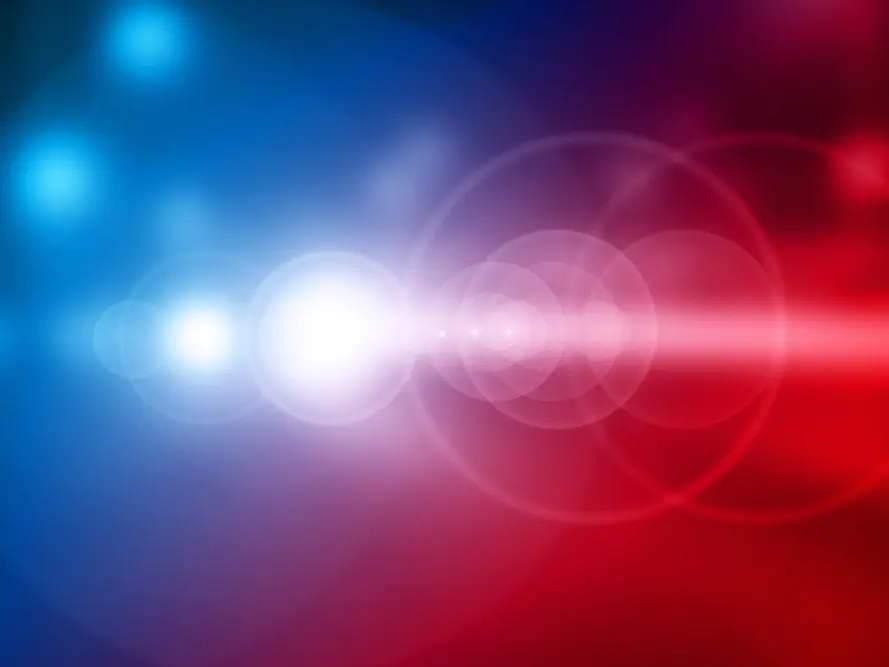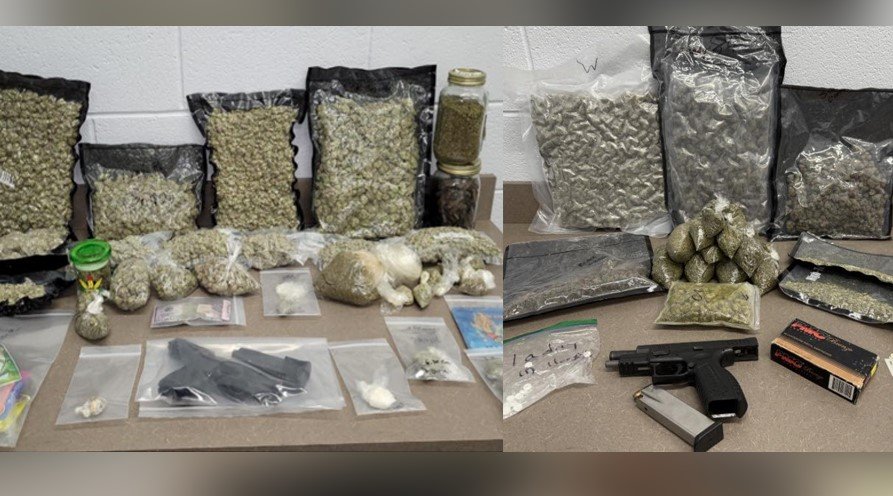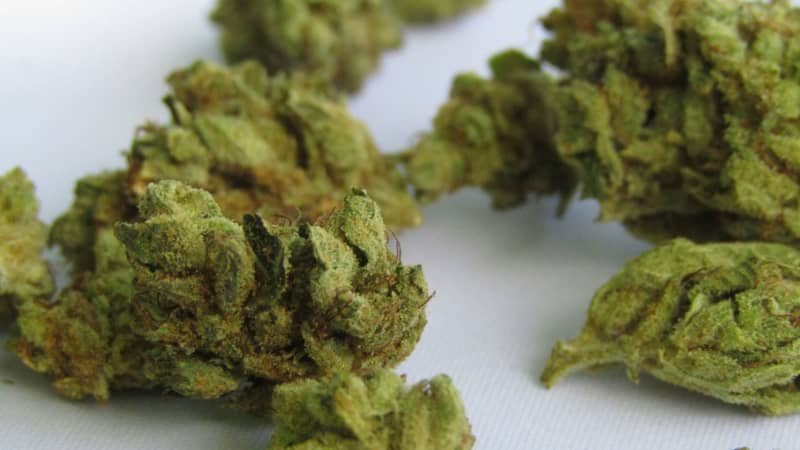Florida lawmakers are moving forward with agricultural legislation that includes a provision to ban the sale of psychedelic mushroom spores. This proposal has passed through two key lawmaking panels in the House and Senate, signaling a significant step toward stricter regulations.
The proposed ban specifically targets the spores of mushrooms that can produce psilocybin or psilocin. These measures are part of approximately 150-page companion bills designed to revise various aspects of Florida’s agricultural laws, which also cover agricultural lands, utilities, and wildlife management. Under the new regulations, it would be illegal to transport, import, sell, or distribute spores or mycelium that could produce these controlled substances. Violations of this law would be classified as a first-degree misdemeanor, which carries a potential penalty of up to one year in jail and a $1,000 fine.
On Wednesday, the House Criminal Justice Subcommittee approved HB 651, sponsored by Rep. Kaylee Tuck (R), with a 14–4 vote. Prior to the vote, the committee adopted an amendment that aimed to clarify the language regarding the prohibition of psychedelic spores without altering the law’s intent. Tuck informed committee members that the amendment “restructures” the language “to simplify the prohibition without changing the substance of the underlying bill.”
Later that day, the Senate Appropriations Committee on Agriculture, Environment, and General Government also reported favorably on SB 700, introduced by Sen. Keith Truenow (R). Although the bill’s spore provision was not a subject of discussion during the hearing, a public commenter named Daniel Freeman expressed opposition. He represented traditional views from the Quechua and Native American communities, arguing that psilocybin is a sacred sacrament. He urged lawmakers to respect the 1993 Religious Freedom Restoration Act, which protects the honoring of what is considered sacred.
Despite the proposed ban, Rep. Danny Alvarez (R), who chairs the House committee, expressed his belief that it is not the government’s role to control what individuals choose to consume. During discussions about fluoride in local water supplies, Alvarez criticized the notion that elected officials should dictate personal choices, stating, “We are Americans. We are the bearers of liberty… if we truly believe that freedom is about freedom, then we give our citizens a choice.”
While Alvarez supported the overall agricultural bill containing the spore ban, he indicated a tension between personal freedom and legislative control.
Psilocybin and psilocin are the primary psychoactive compounds found in psychedelic mushrooms. Although mushroom spores do not contain these substances directly, they eventually develop into mushrooms that do. Currently, the federal government classifies spores as legal, as they do not contain any controlled substances. Terrence Boos, chief of the Drug Enforcement Administration’s Drug and Chemical Evaluation Section, noted in a memo last year that if mushroom spores do not contain psilocybin or psilocin, they are not considered controlled.




